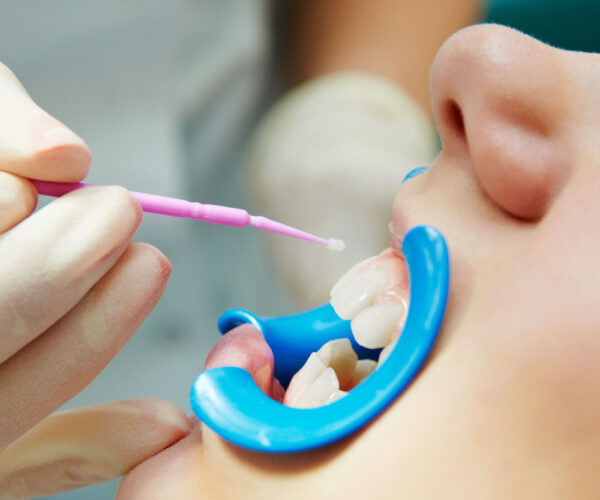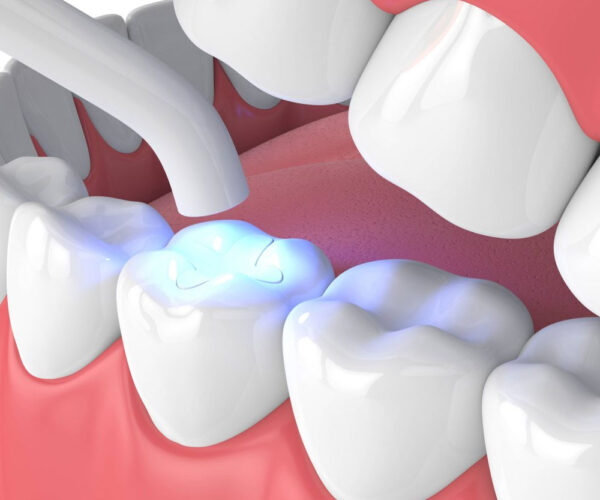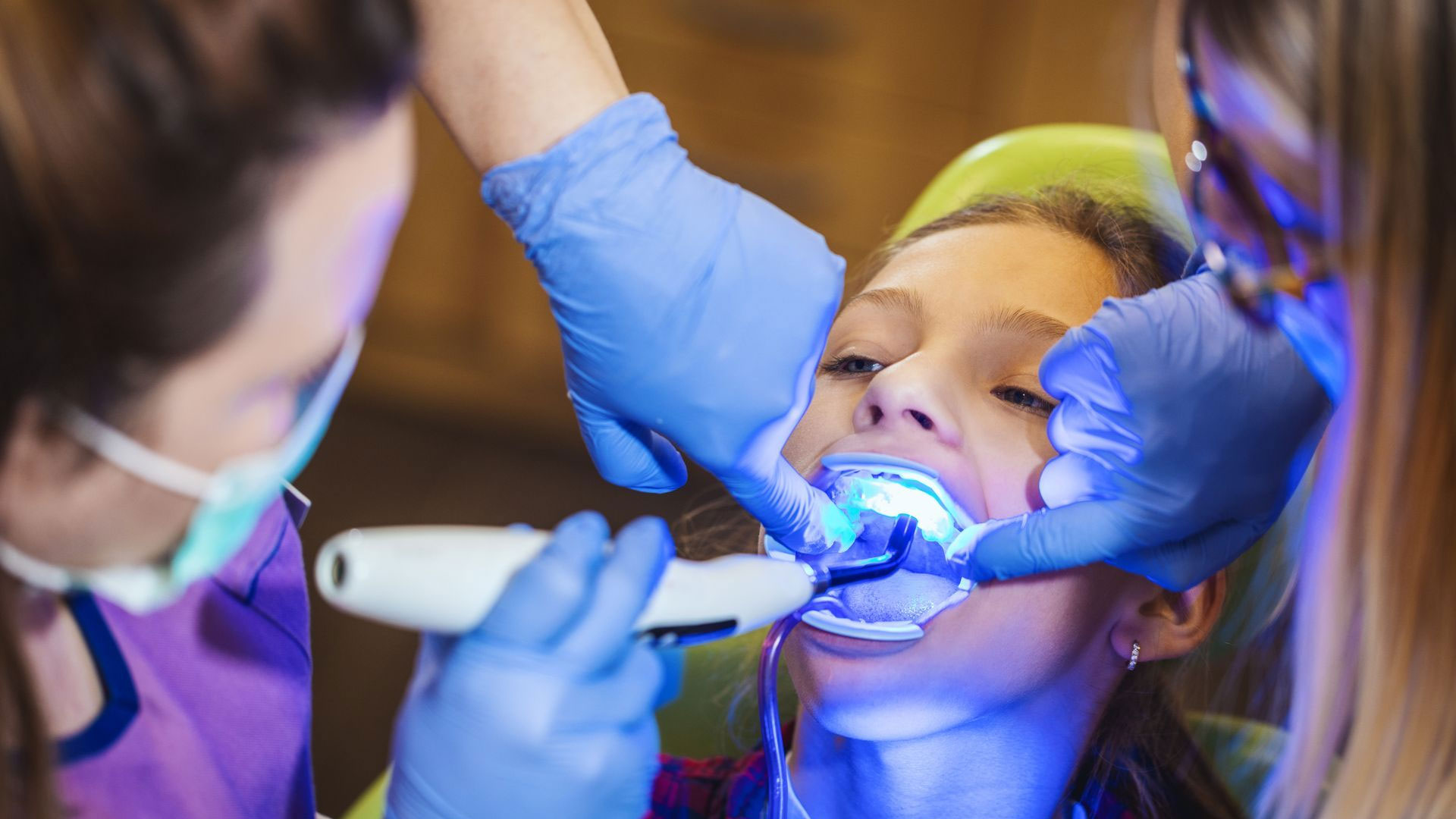Dental Sealants in Brentwood
Brushing and flossing are critical to preventing tooth decay, but children and teens often need additional help to keep their teeth cavity-free. The back teeth (called molars and premolars) have depressions and grooves in their chewing surfaces. These grooves can be difficult to reach with brushing and flossing alone, allowing bacteria to adhere to your teeth and cause cavities.
A dental sealant is a thin plastic coating that we apply to the chewing surfaces of your teeth to prevent cavities. Our dentist recommends sealants for children ages of 6-14, once their permanent teeth come in. In some cases, we may recommend having your child’s baby teeth sealed if they have deep grooves in their teeth or other issues.


Most Popular and Trending Dental Sealant Questions
Disadvantages of Dental Sealants
- Dental sealants are only used for preventative treatment. If your child already has the cavity or decay, the sealant will not take care of it.
- Not all children are candidates for sealants.
- Dental sealants are also ineffective when the decays or tooth cavities are very deep.
Following the sealant appointment your child can begin eating right away. The sealants must be maintained and will be examined at preventive dental appointments for chipping, leakage, wear, overall effectiveness. To avoid sealant failure your child is recommended to adhere to a simple no-no list.
